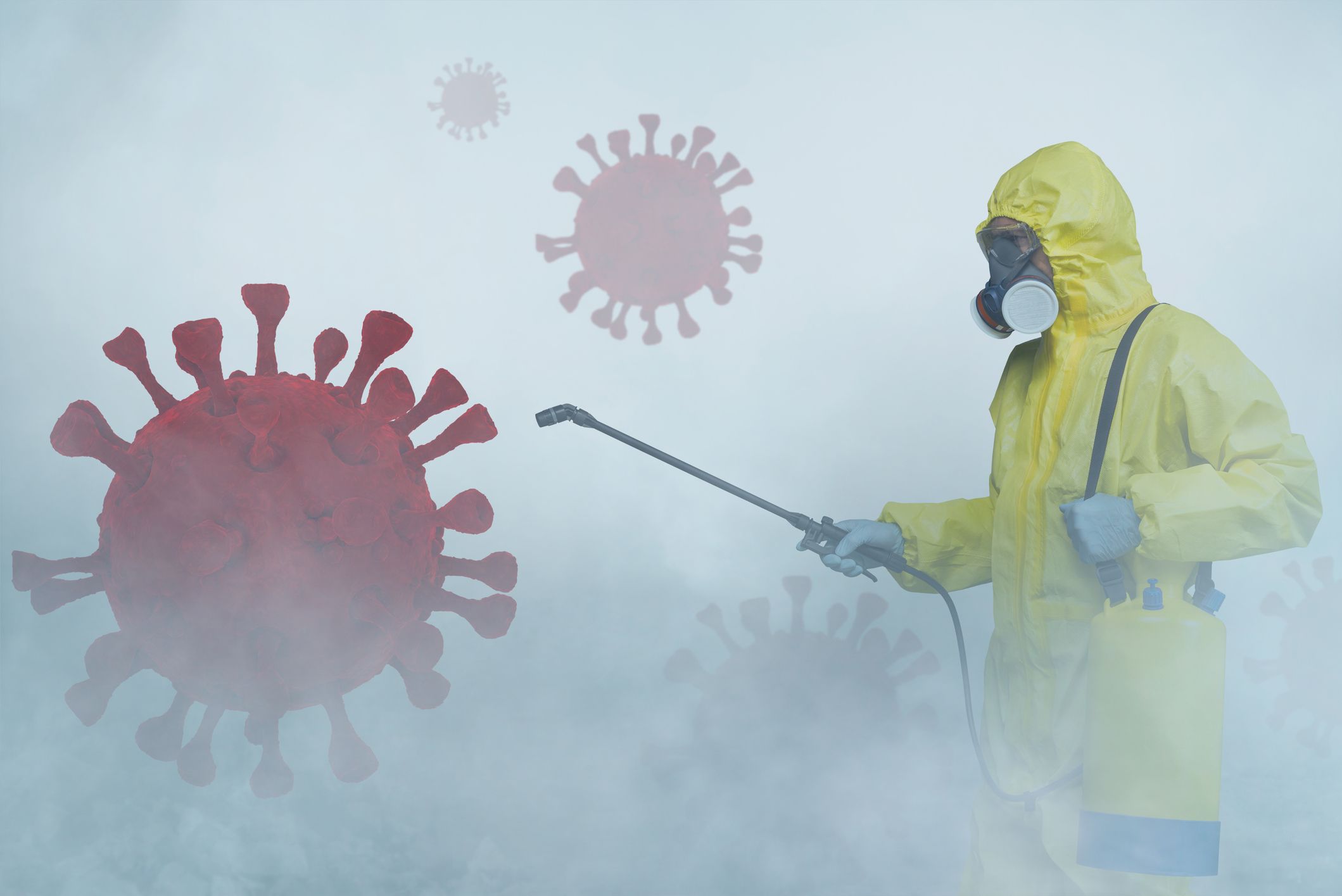
Manas Dasgupta
NEW DELHI, Apr 9: After the sanitizer manufacturing companies made huge fortunes in the last one year, thanks to the Coronavirus panic, the world is re-inventing the methods of spread of the infection.
“Deep Cleaning” of the surfaces recommended since the beginning of the pandemic last year has now been virtually withdrawn as the scientists now believe that transmission of the virus through hard surfaces was highly unlikely. The Covid virus is far more likely to spread through direct contact, droplets, or airborne transmission, the scientists have concluded.
The researchers have also found that wearing of face masks “regularly and correctly” was the best and perhaps the only way, to substantially reduce the chances of contacting the virus.
The American health agency, the US Centre for Disease Control and Prevention (CDC) has re-worked its guidelines for prevention of the spread of the disease after coming to the conclusion that the risk of contracting Coronavirus by touching a contaminated surface or object was very “low.” The CDC
While updating its guidelines on cleaning and disinfecting everyday household surfaces, said there was less than 1-in-10,000 chance of contracting Coronavirus from surfaces.
The CDC’s latest update could bring an end to what many are referring to as ‘hygiene theatre’, or the act of routinely deep cleaning hotel rooms, offices, schools, restaurants and public transport to prevent the spread of coronavirus.
“People can be affected with the virus that causes Covid-19 through contact with contaminated surfaces and objects,” CDC Director Rochelle Walensky said at a White House briefing. “However, evidence has demonstrated that the risk by this route of infection of transmission is actually low.”
In its updated guidelines, the CDC says while it is possible for people to be infected with the novel coronavirus via surface contact, research shows that the risk is considered low as “surface transmission is not the main route by which SARS-CoV-2 spreads”. The respiratory virus is far more likely to spread through direct contact, droplets, or airborne transmission, the American health agency said.
In its latest brief, the CDC said intense cleaning was required only in a few scenarios. In most regular day-to-day settings, cleaning surfaces with soap and detergent is sufficient to reduce the risk of transmission.
The agency cited studies by the American Journal of Infection Control and Environmental Science & Technology Letters conducted over the last year. As per the studies, transmission of Covid through surfaces is less likely outdoors than it is indoors.
According to the CDC’s latest brief, SARS-CoV-2 is known to survive on a number of different porous and non-porous surfaces for varying durations of time. Studies report inability to detect viable virus within minutes to hours on porous surfaces, while on non-porous surfaces, viable virus can be detected for days to weeks.
The surface survival of Covid-19 on commonly found indoor surfaces such as glass, steel or plastic does not last more than three days, CDC said. The agency added that there is “little scientific support for routine use of disinfectants” in both indoor and outdoor community settings “to prevent SARS-CoV-2 transmission” from surfaces.
The CDC specified one non-hospital environment where deep cleaning would be appropriate — an indoor environment where an individual has tested positive for Covid within the last 24 hours. Otherwise, wiping down surfaces with soap and detergent is enough, the CDC said.
“Routine cleaning performed effectively with soap or detergent, at least once per day, can substantially reduce virus levels on surfaces,” the agency said. Surface transmission can also be reduced by wearing face masks regularly and correctly.
When the coronavirus pandemic first gripped the world last year, several experts warned that the infection could spread via surfaces. Early research suggested that the virus could survive on surfaces like plastic or steel for days, prompting the CDC to issue a warning. The agency said that touching contaminated surfaces and then touching your face, eyes or mouth could lead to the spread of Covid-19.
Soon after, shelves in grocery stores across the US were wiped clean of cleaning products. Several offices and public transport were even shut down for ‘deep cleaning’.
In May last year, the CDC clarified that surface transmission was not the main way the virus spreads. But it still recommended disinfecting “frequently touched surfaces.” Now it has suggested less deep cleaning.
















